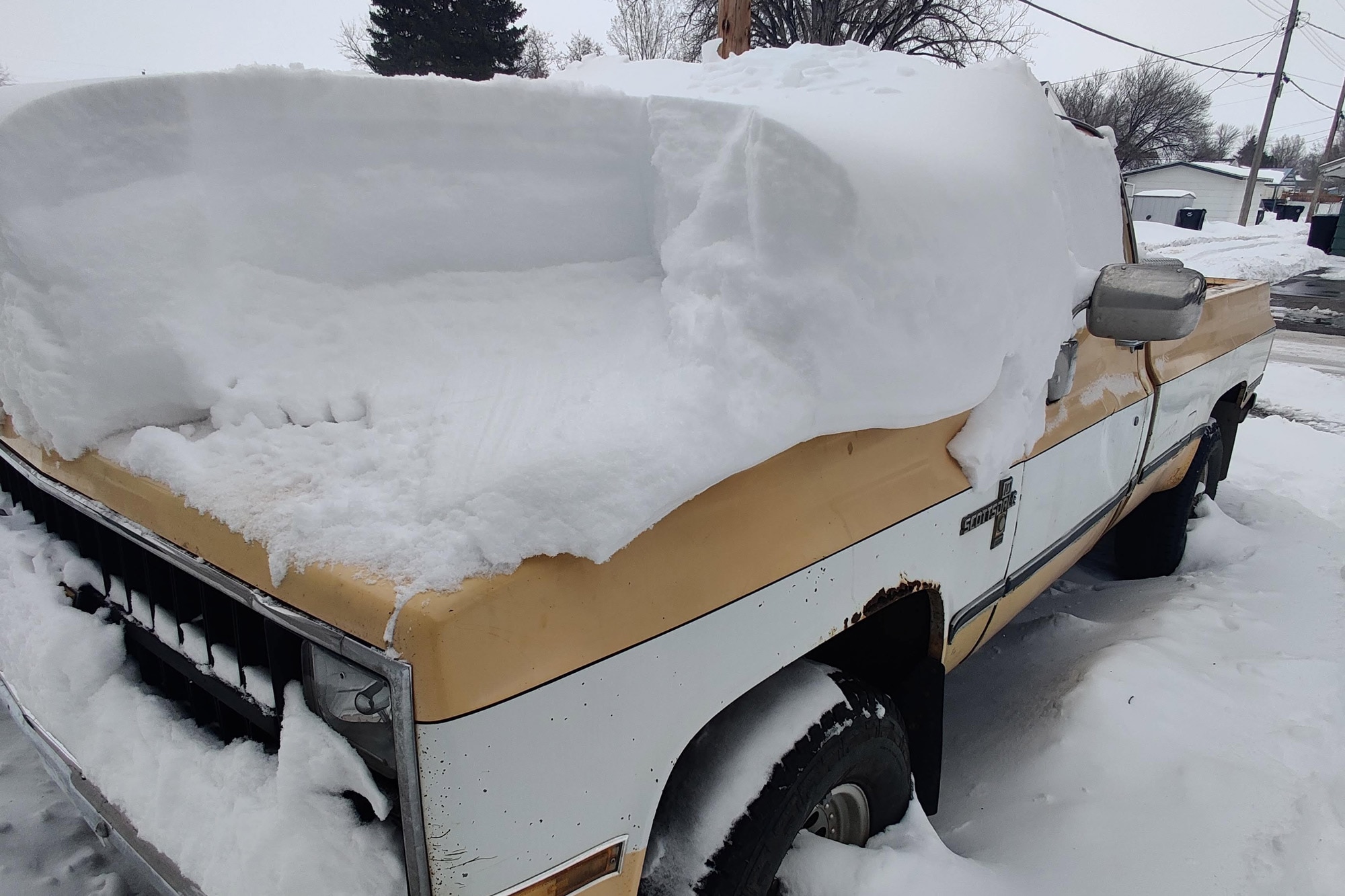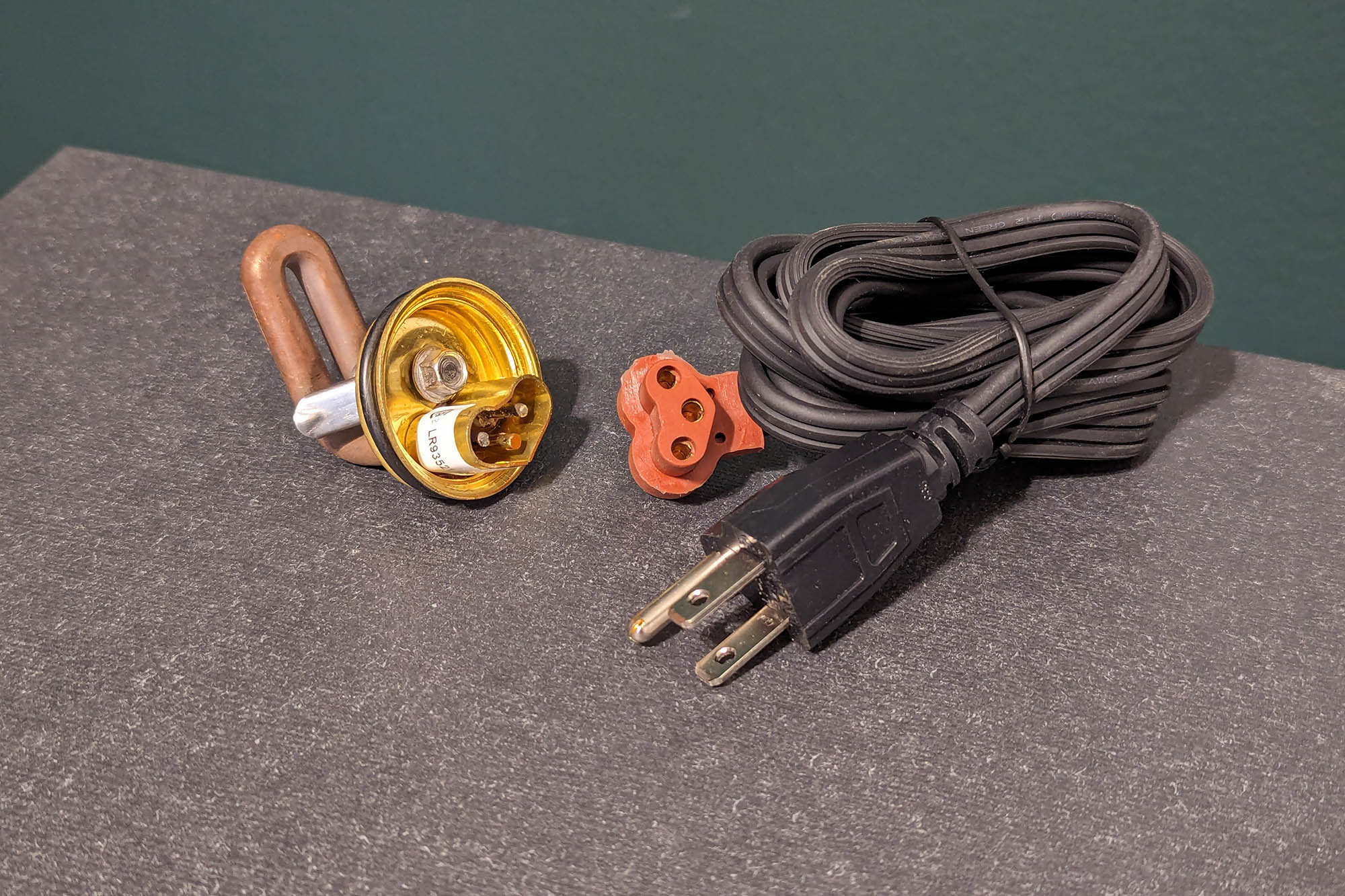When Should You Get an Engine-Block Heater?
This helpful automotive feature is aimed squarely at cold-weather drivers.
 Austin Lott | Capital One
Austin Lott | Capital One
QuickTakes:
Low temperatures can impact fuel efficiency, drain batteries, and make it difficult to start your vehicle after a frigid winter's night. For decades, engine-block heaters have been available to help boost the chances of starting your engine in the morning.
An Engine-Block Heater Keeps a Vital Component Warm
Although the name is self explanatory — a heater intended to keep a gas or diesel engine warm — there's more than one design out there. Some block heaters warm an engine's coolant through a freeze-plug insert or by pumping heated coolant through radiator plumbing.
Other block heaters focus on keeping oil warm by swapping a heating element in place of the dipstick or by attaching a warming element to the oil pan. Some even deliver more general underhood heating by sitting on the engine like an electric blanket. Each setup requires access to external power to plug in and heat up.
 Austin Lott
Austin Lott
An Engine-Block Heater Keeps Oil Warm to Make Starting Easier
For several reasons, a cold engine is more difficult to start than a warm one. In very cold weather, engine oil can thicken considerably, which means internal components have to push harder as the starter cranks the engine to life — and while the engine is warming up. Cold gasoline is less likely to vaporize efficiently, which makes initial ignition difficult, too. A cold 12-volt battery also has less power available to turn over a motor, reducing your chances of firing it up before the battery dies.
A block heater keeps the engine oil thin and viscous by warming it directly in the pan so it can warm the engine through the coolant channels or the block itself, as with a blanket-style warmer. A warmer block also improves fuel vaporization. These factors give your battery a stronger chance of spinning the engine until it catches.
It's also worth noting that warmer, better-flowing engine oil provides improved protection and lubrication immediately after startup, which can reduce engine wear over time.
You May Need an Engine-Block Heater If You Live Where It's Very Cold
Block heaters are only necessary if you live where temperatures regularly drop below freezing. Even then, on a modern vehicle, it's usually only required on nights when the thermometer drops to 5 degrees Fahrenheit or lower, which is cold enough to cause problems with startup.
You don't have to run a block heater all night, however. Just add a timer to activate it several hours before your morning commute.
Block heaters can be purchased from a dealership when you buy your car or from a third party for installation on a vehicle you already own. Depending on which style you choose, installation could be as simple as swapping a dipstick or installing one in a freeze-plug hole on the engine. The freeze-plug style heaters are usually least expensive but require the most effort to install. Prices are usually less than $100, but you can expect to pay more for labor for professional installation.



